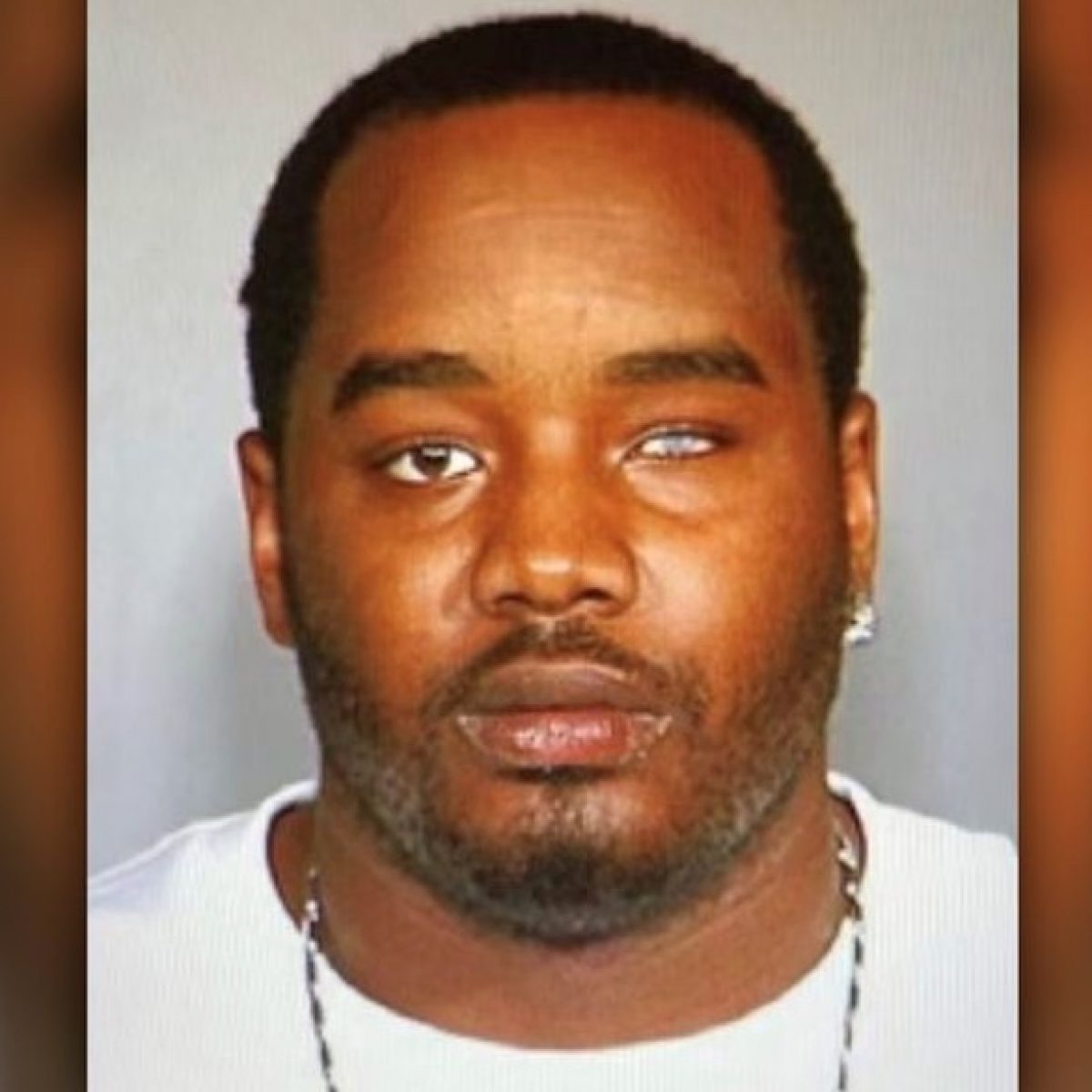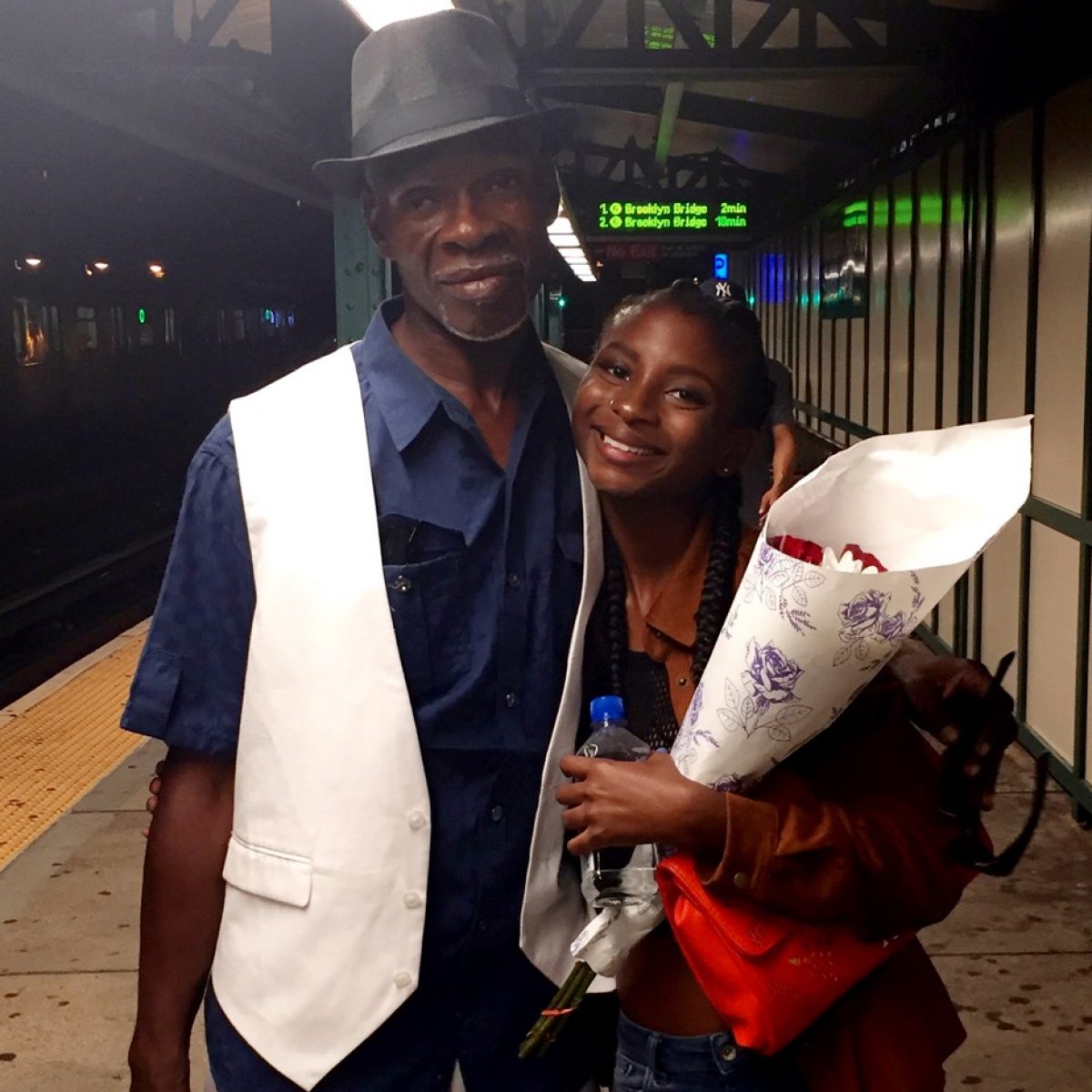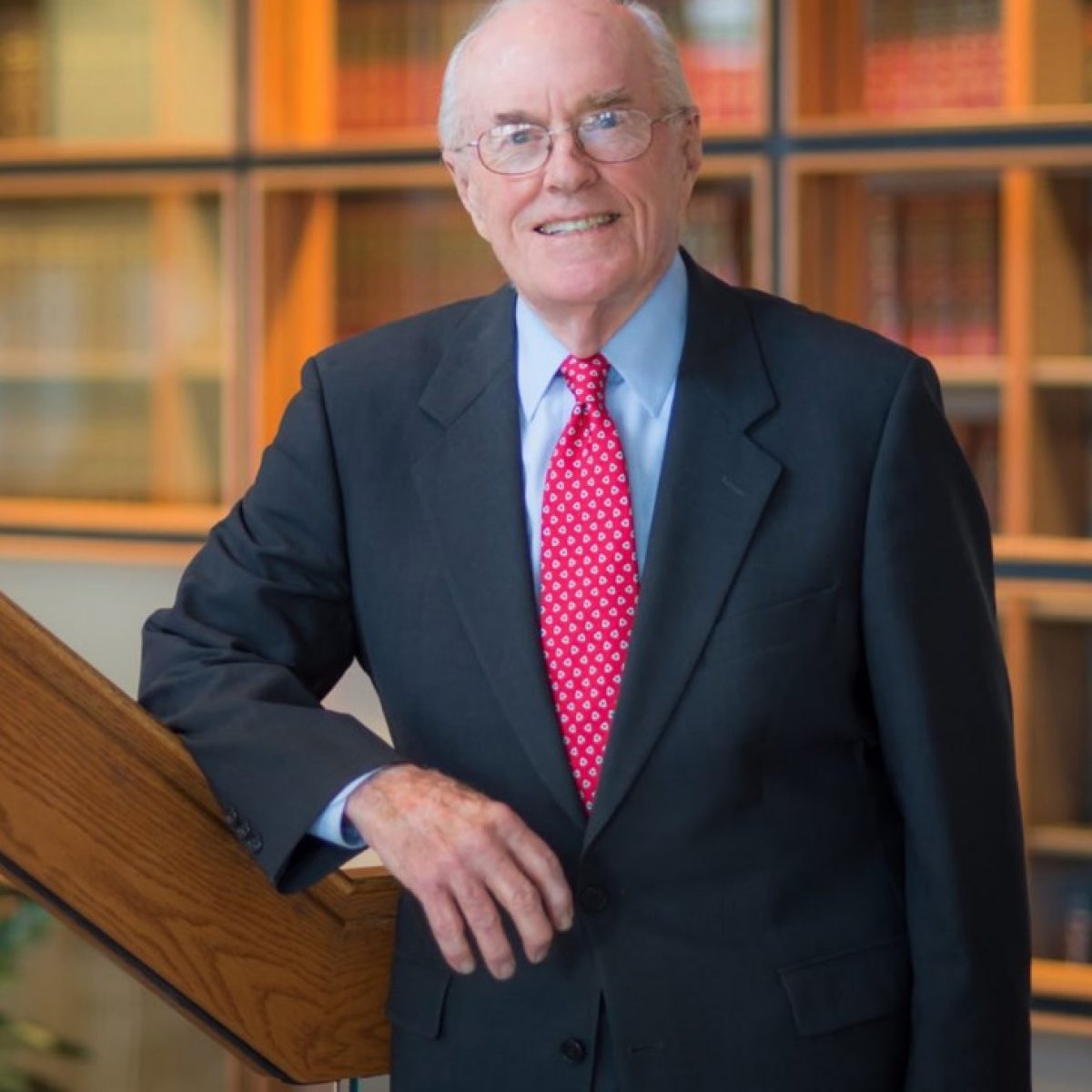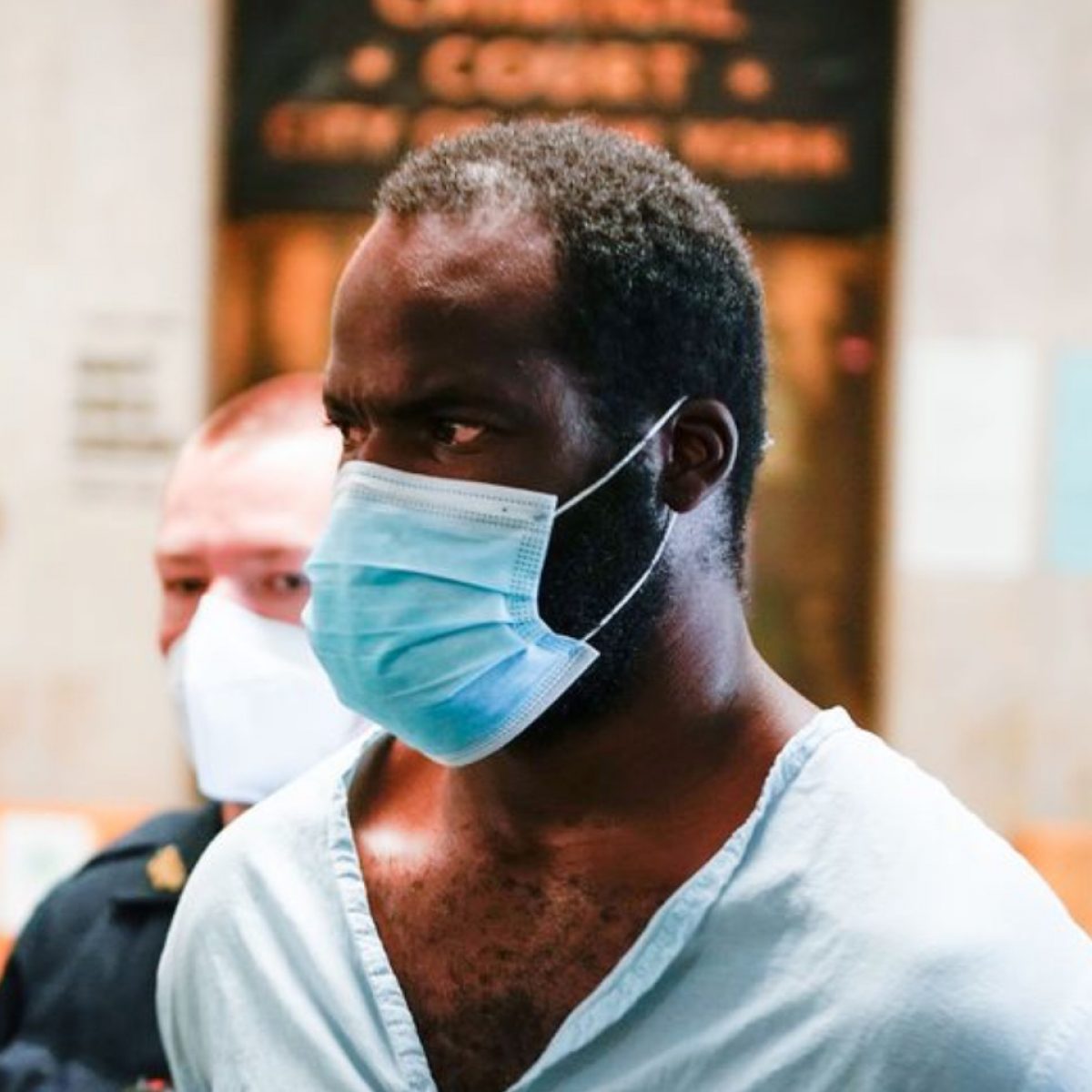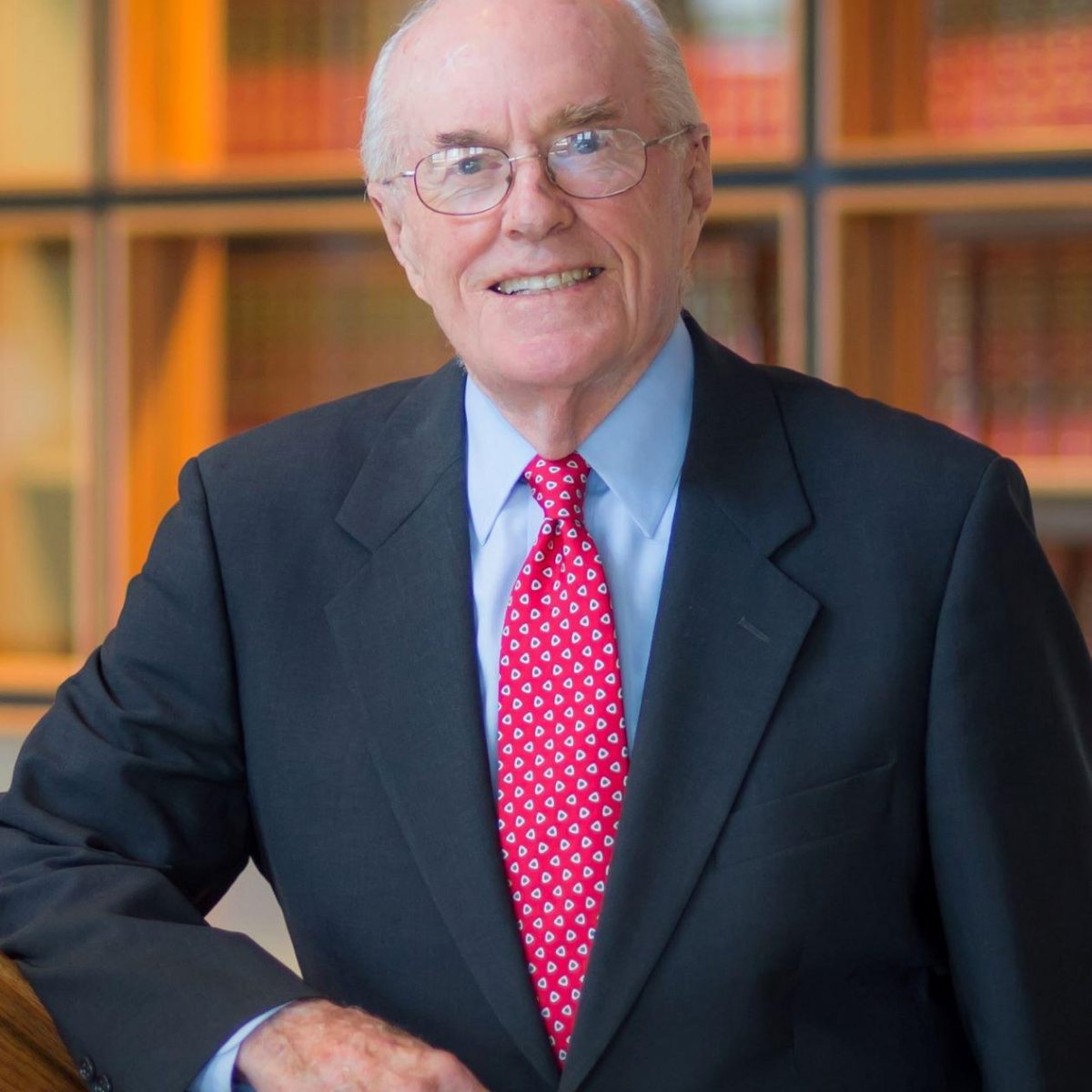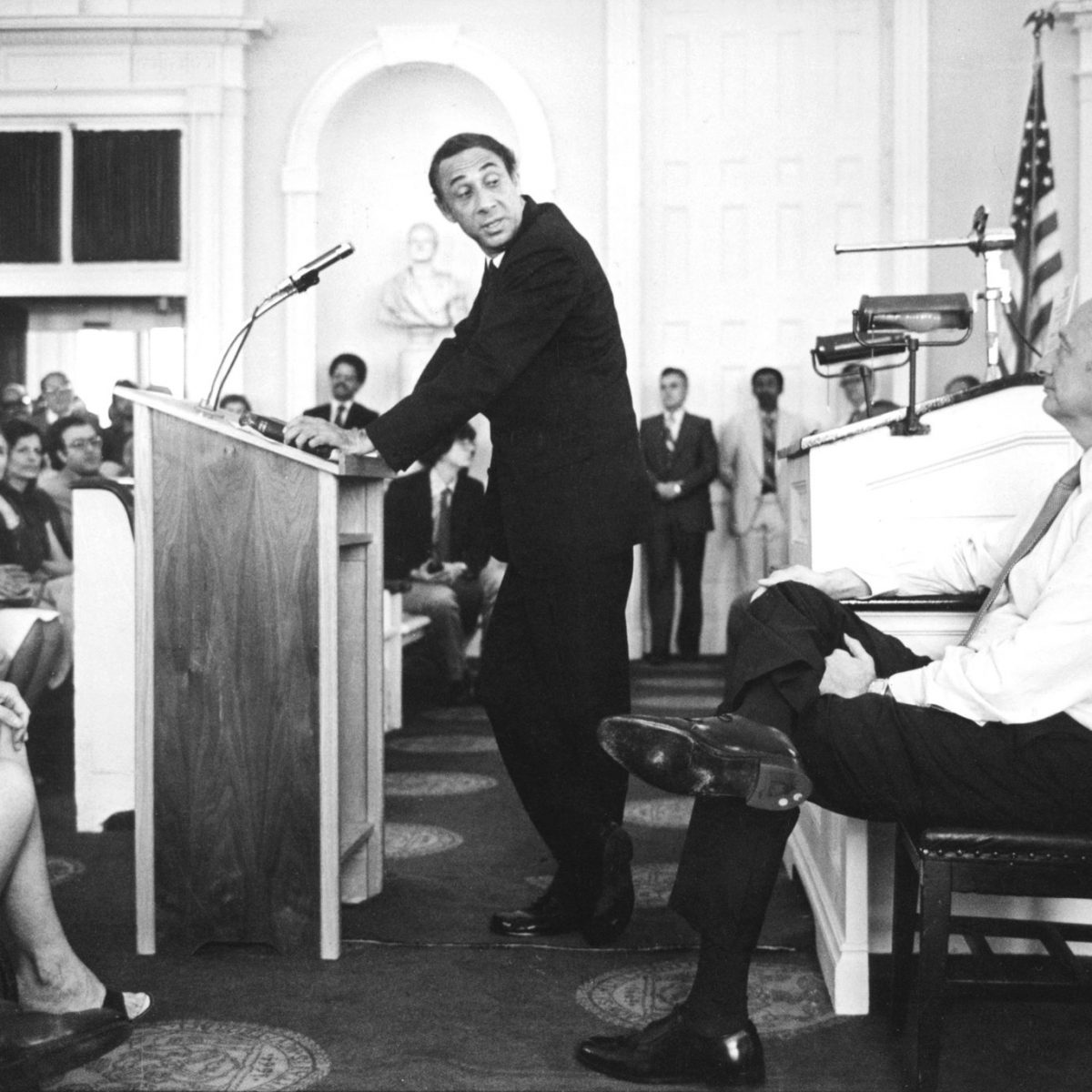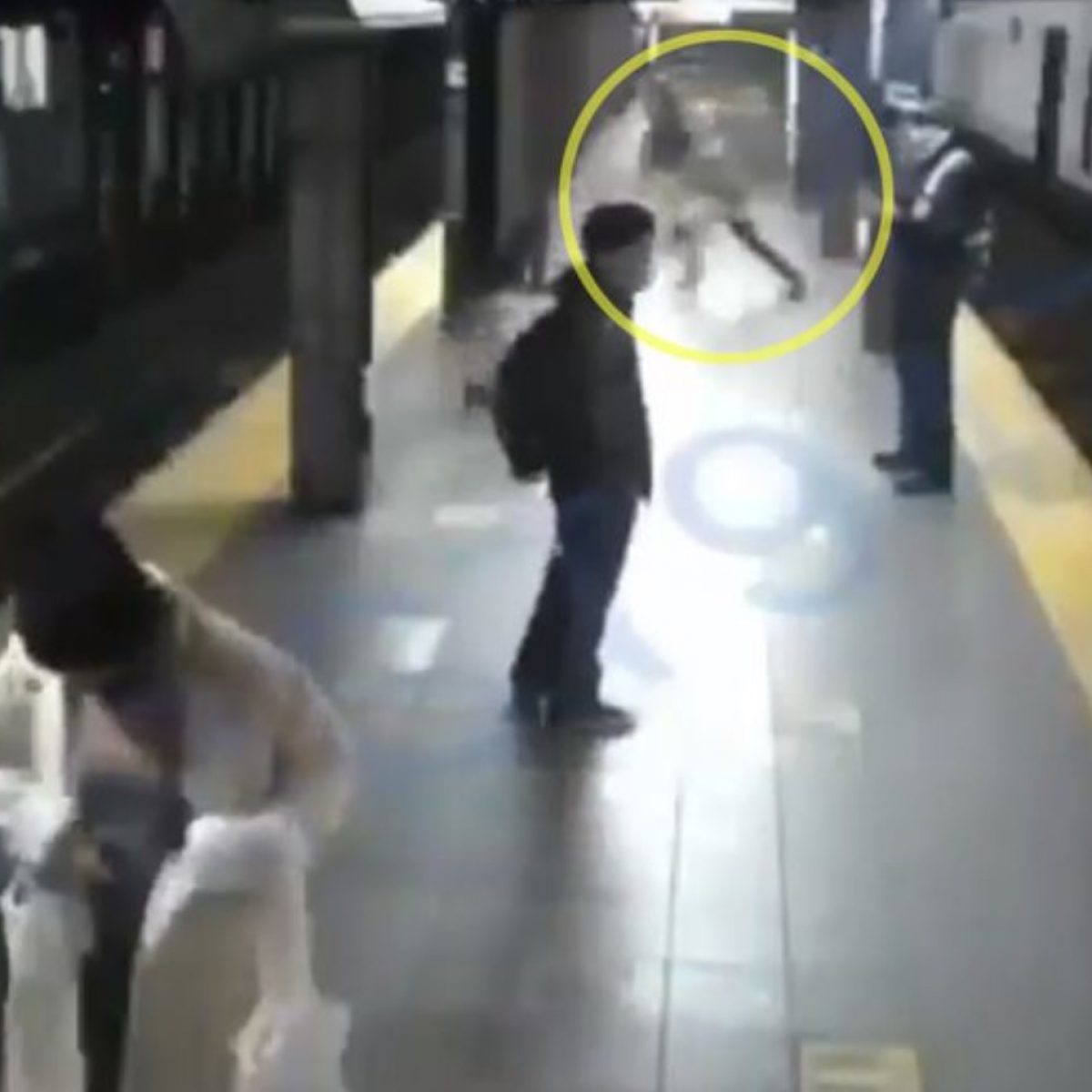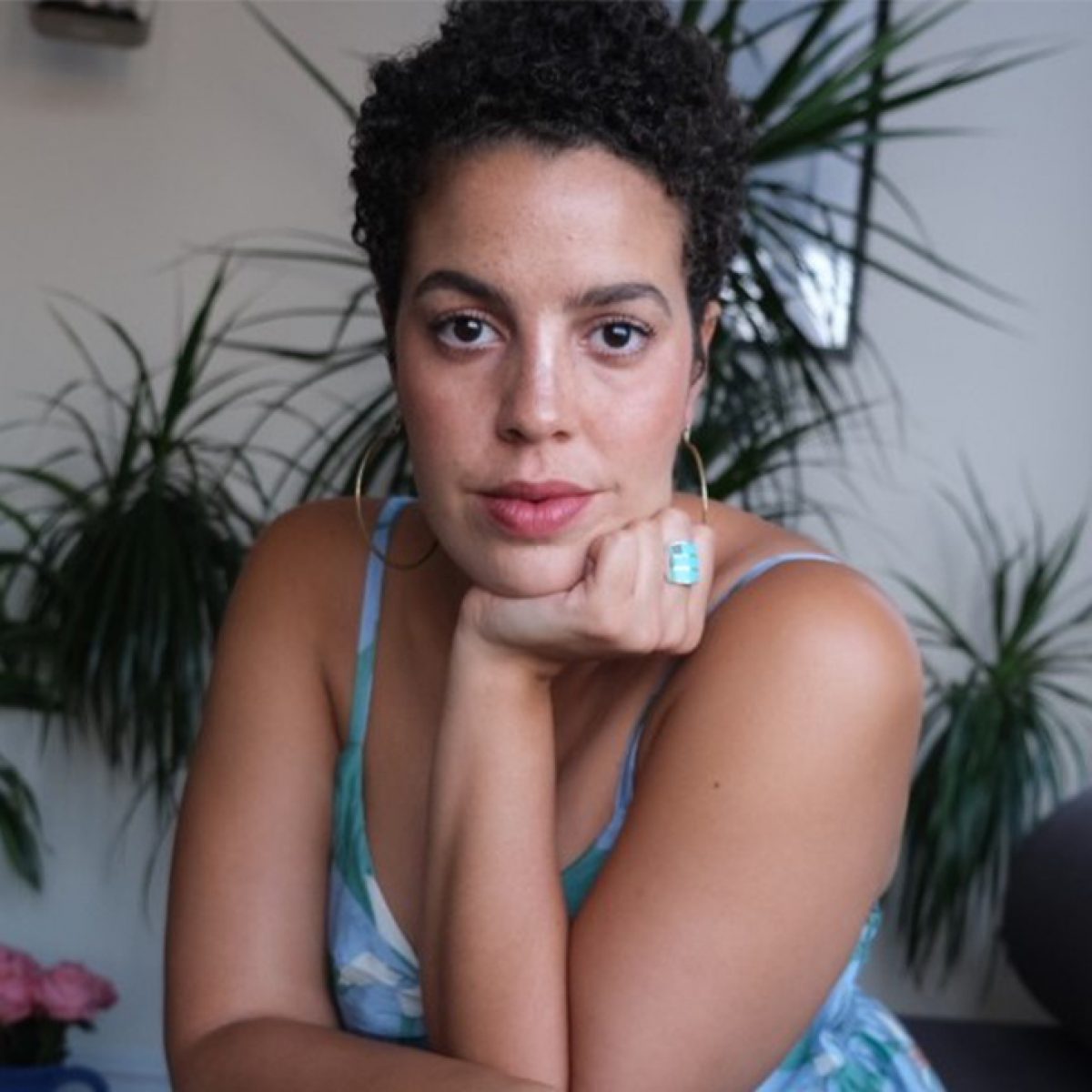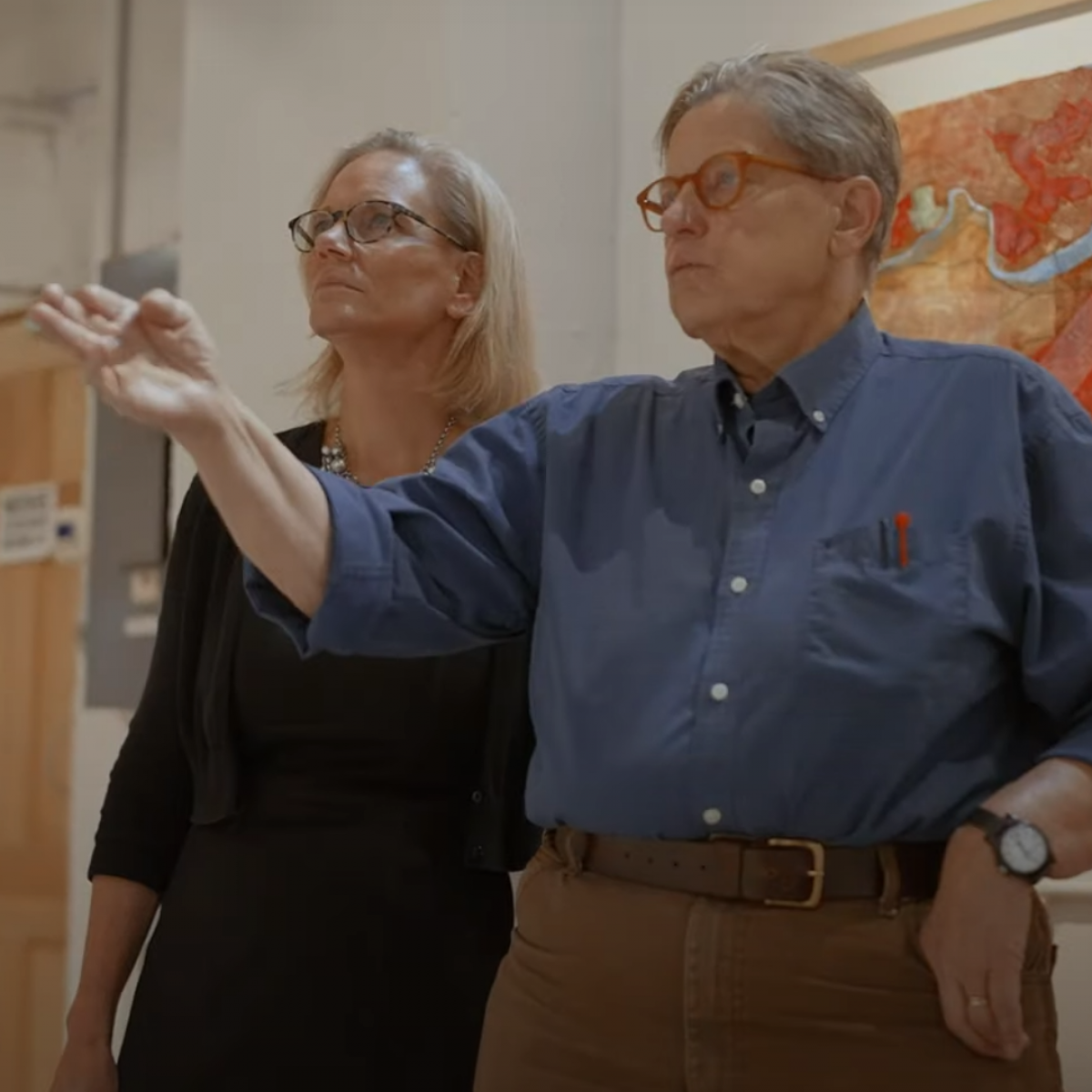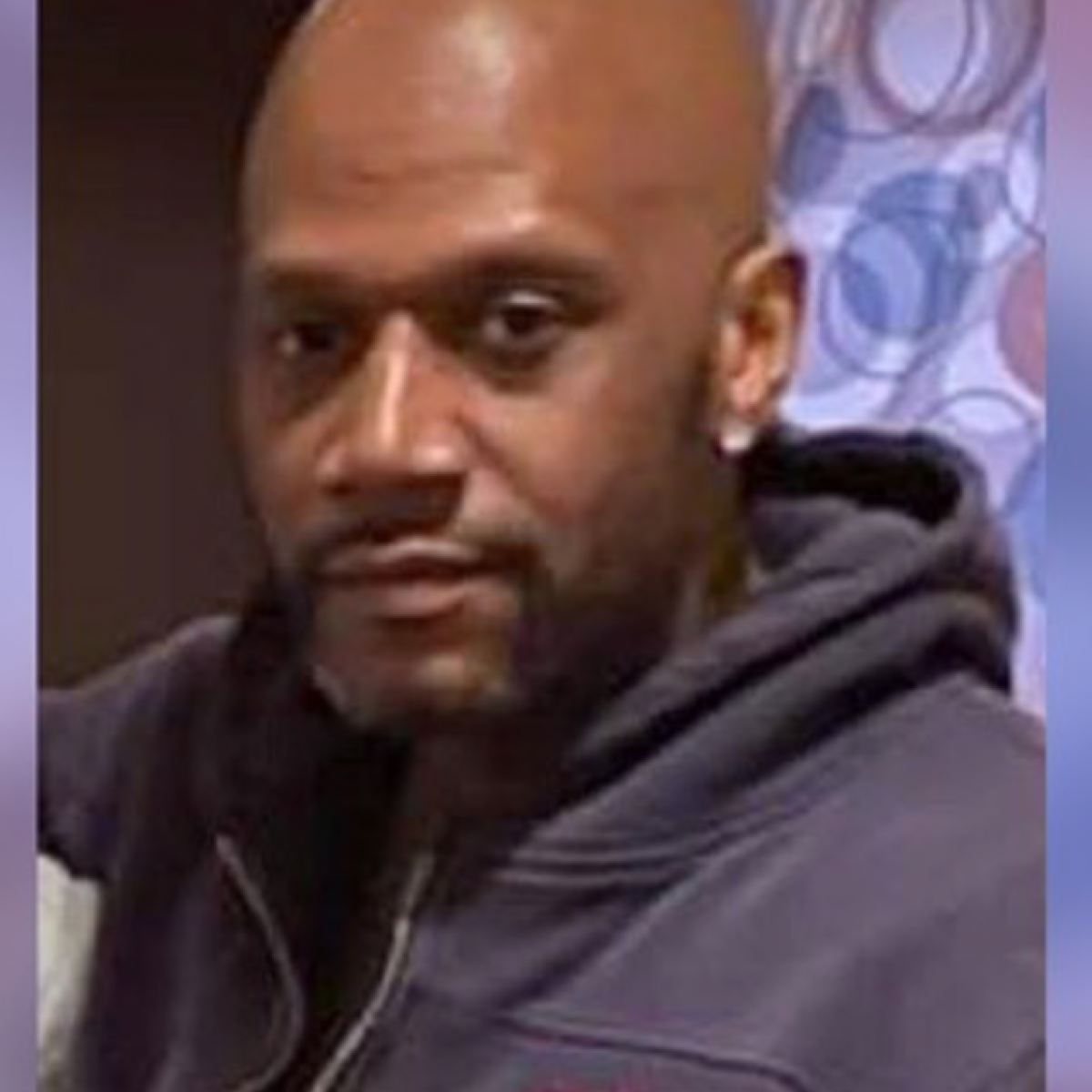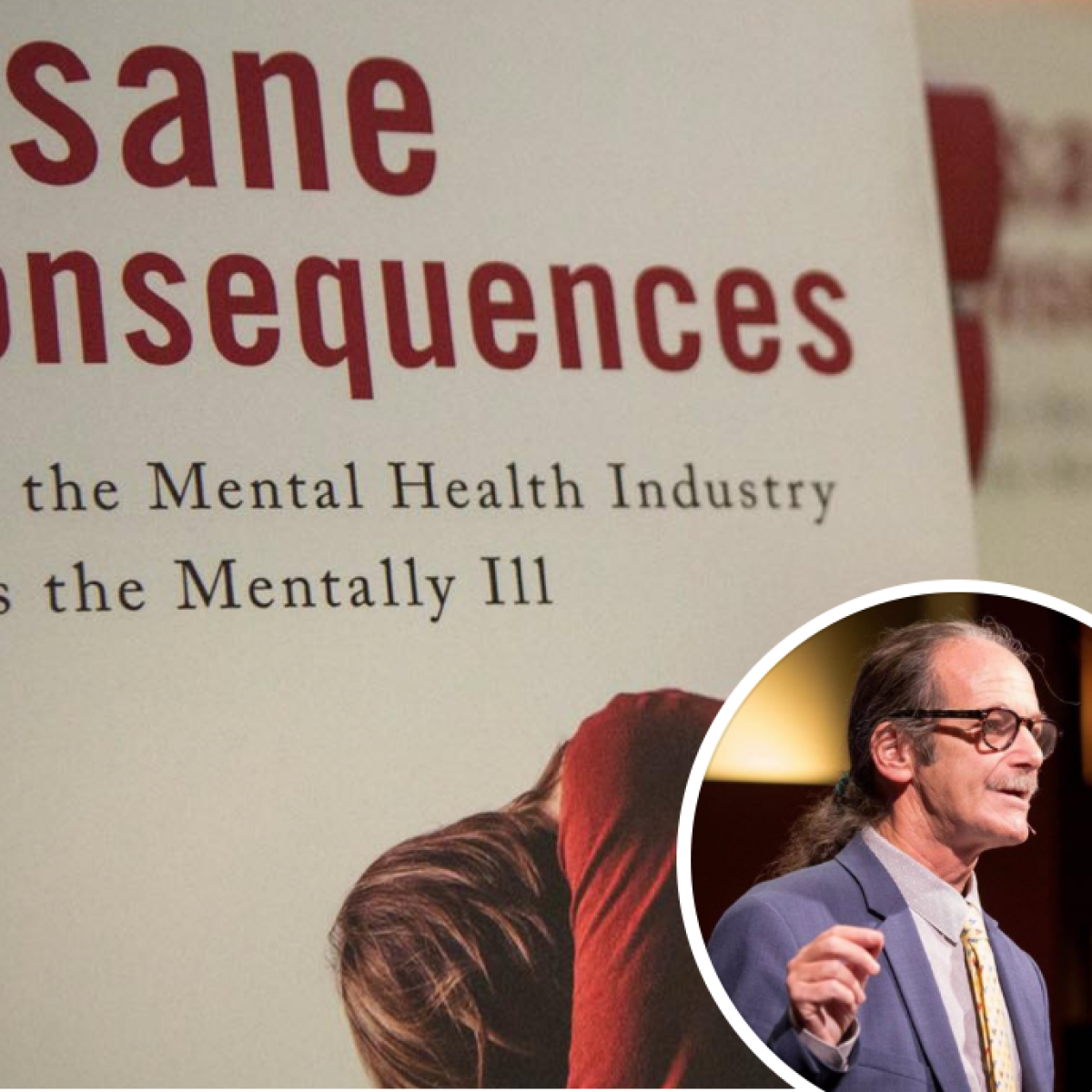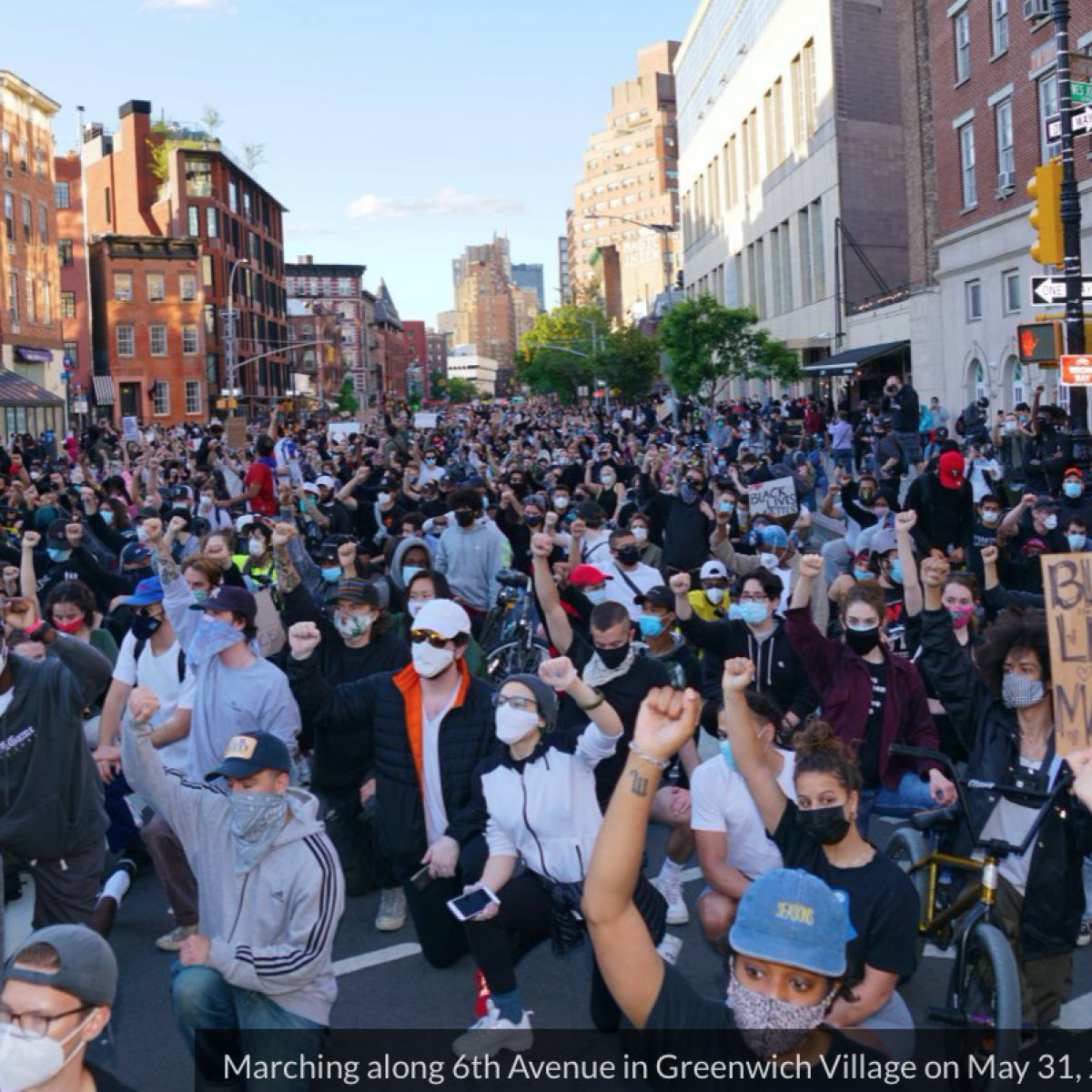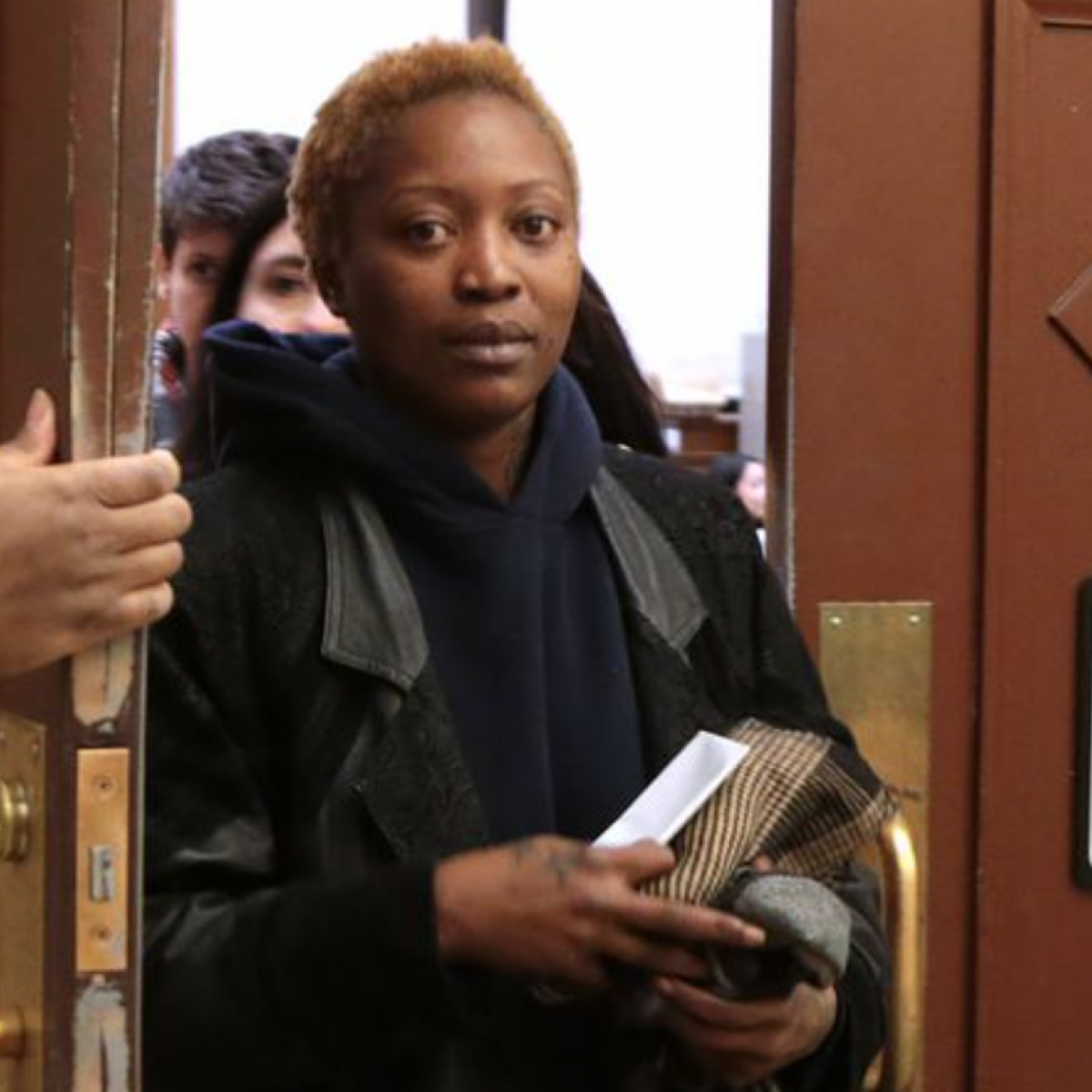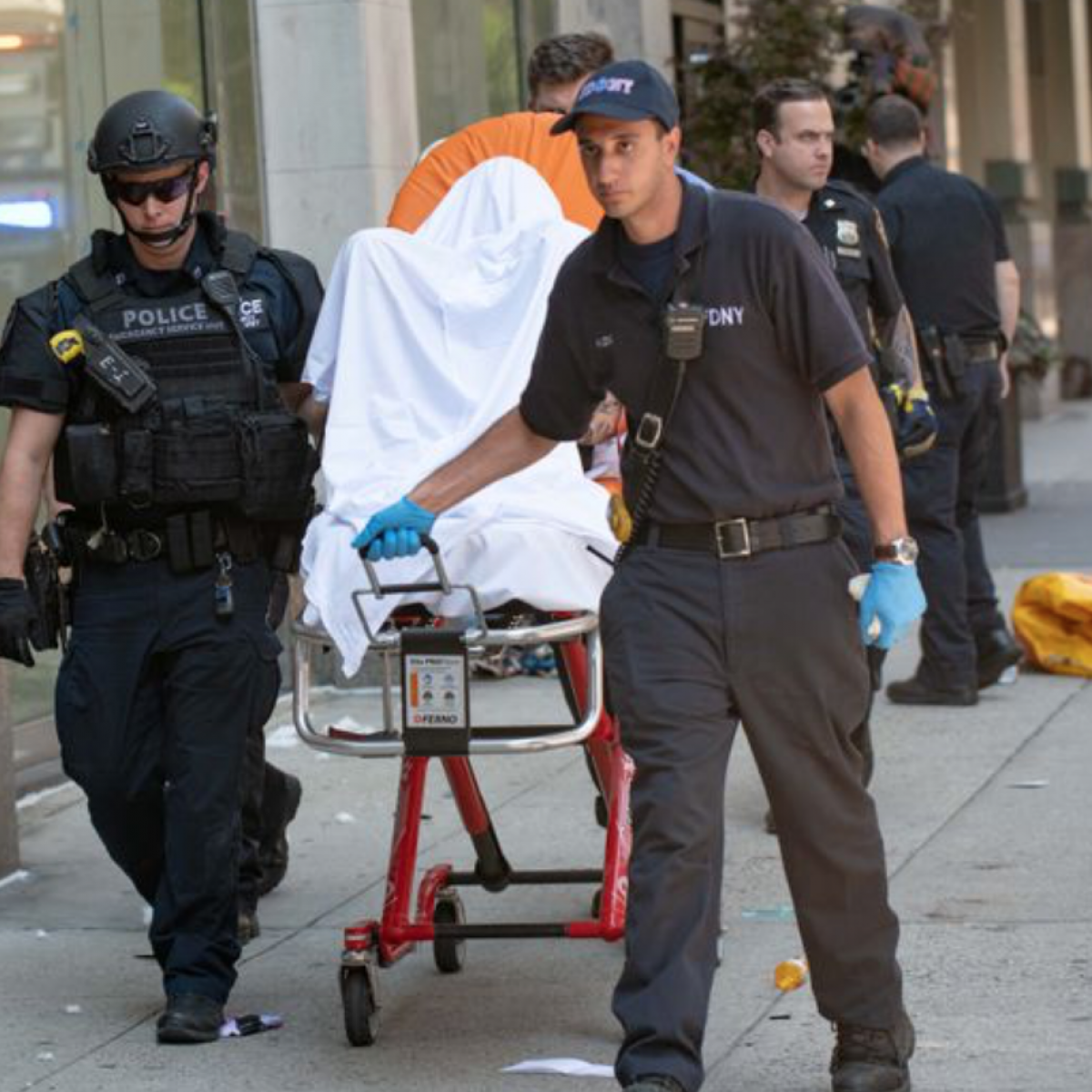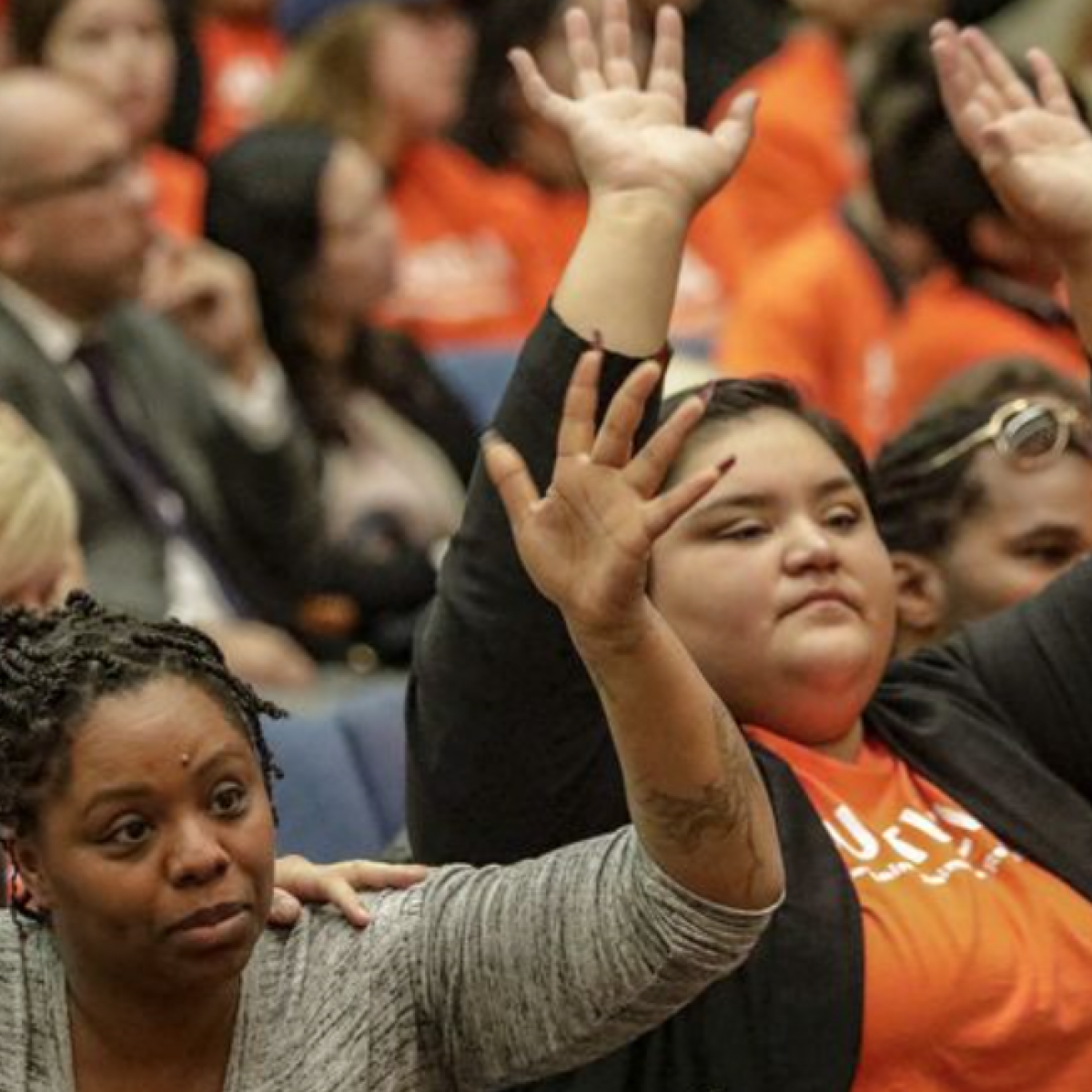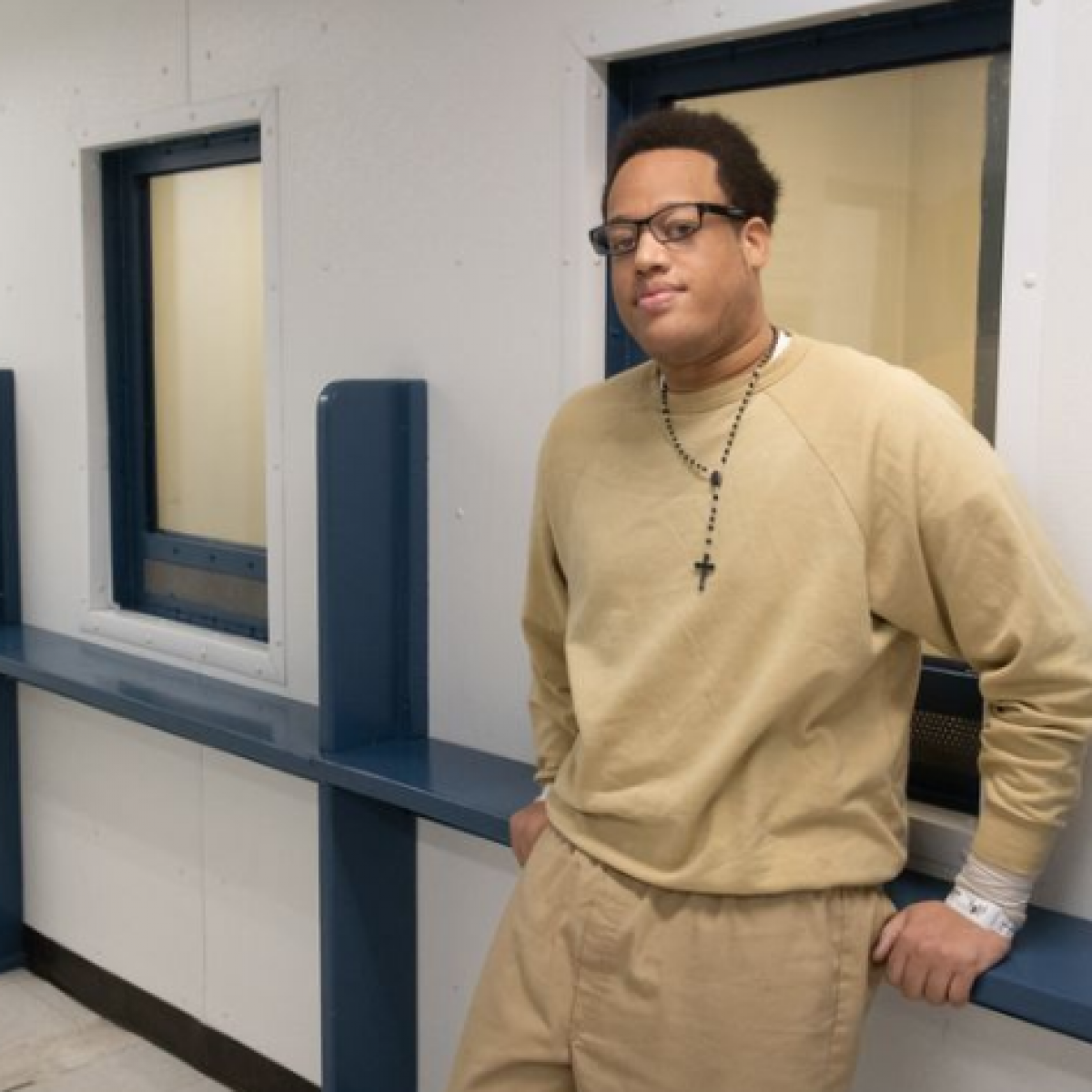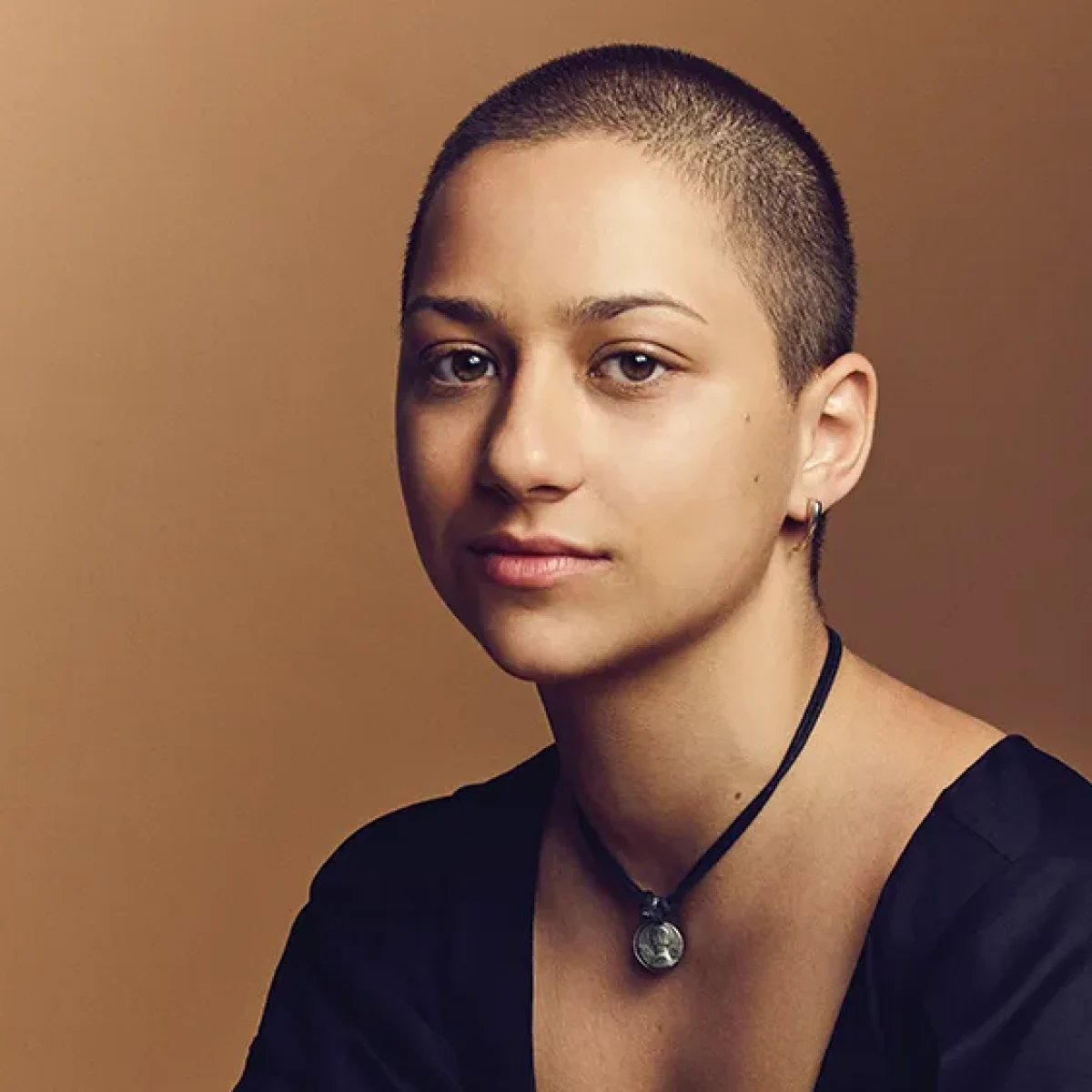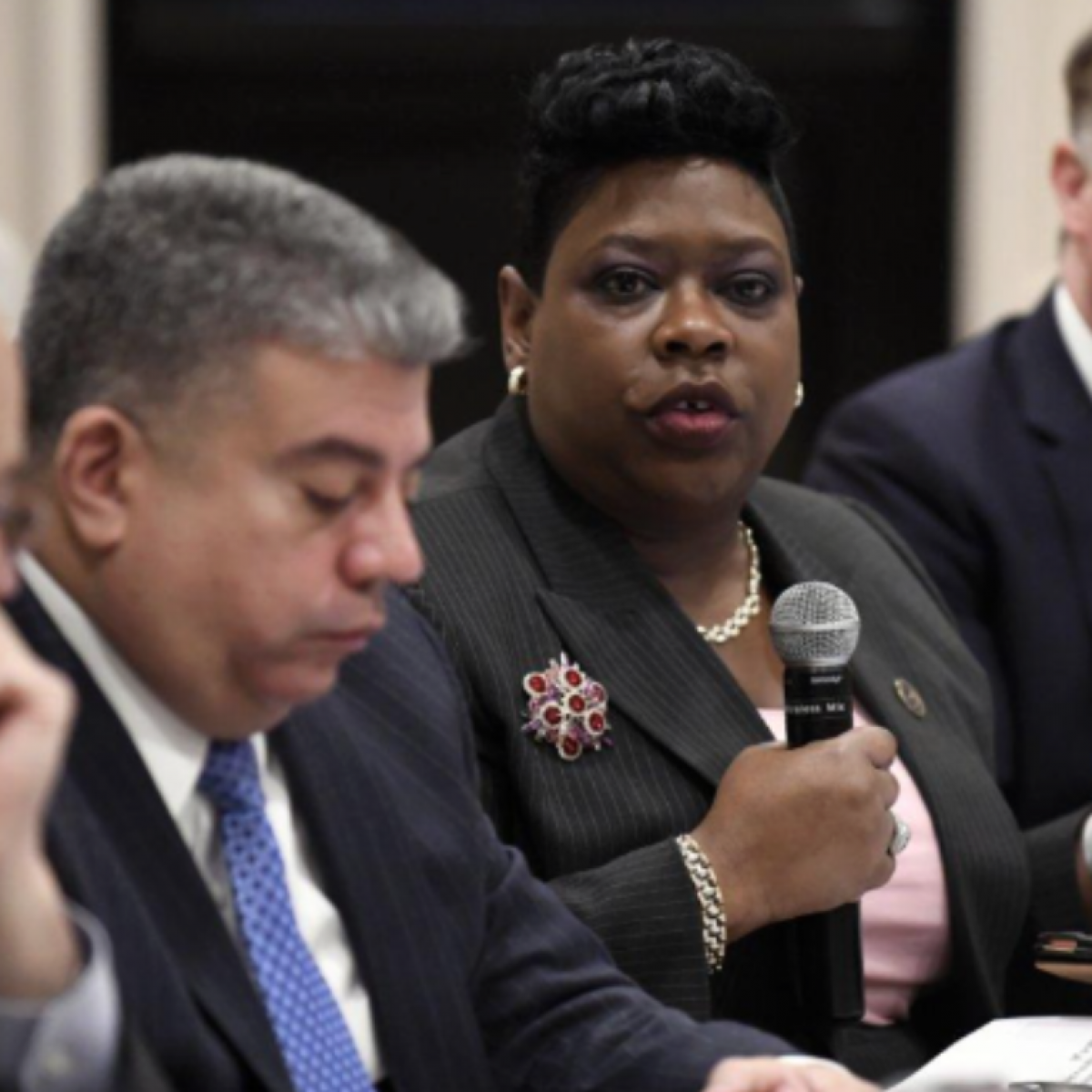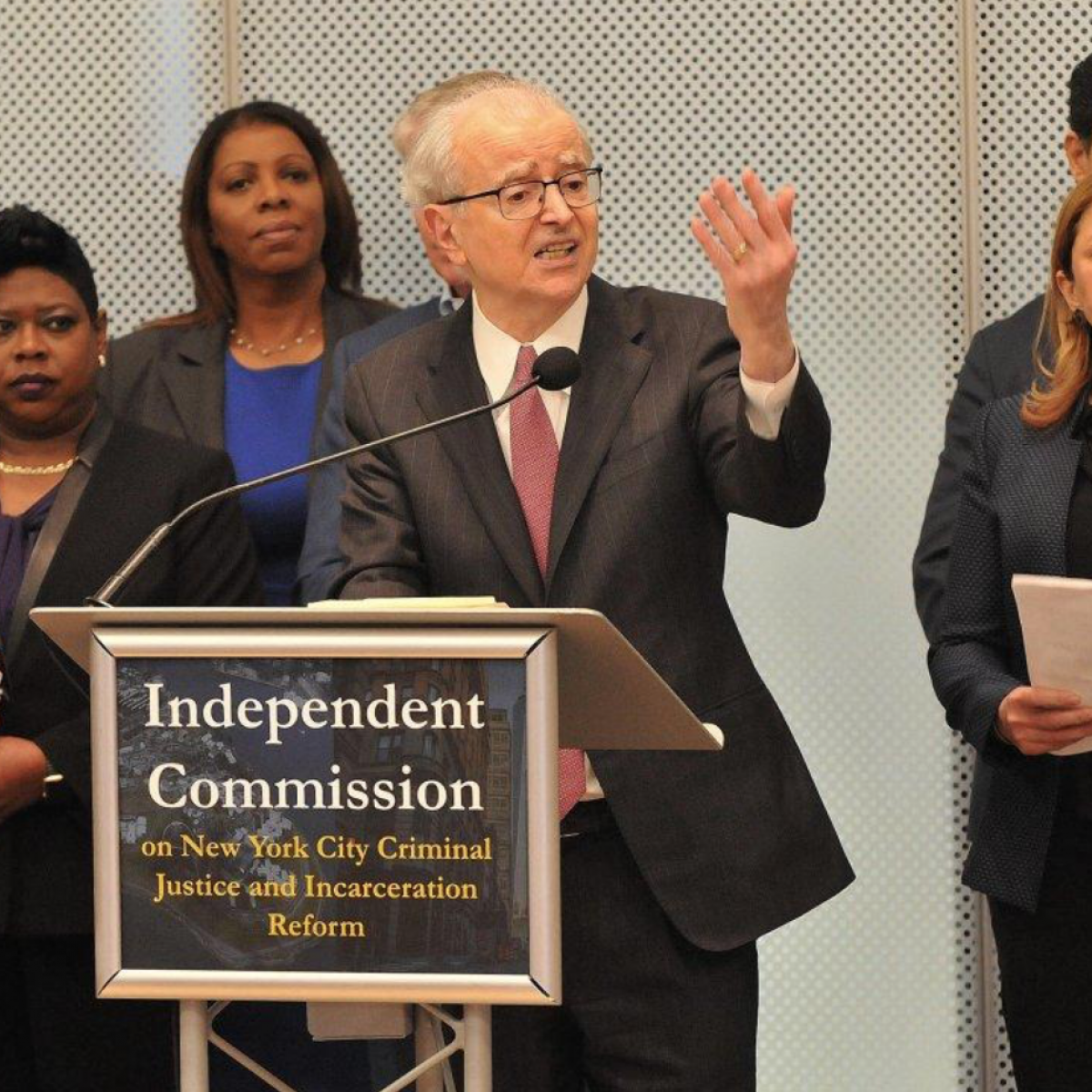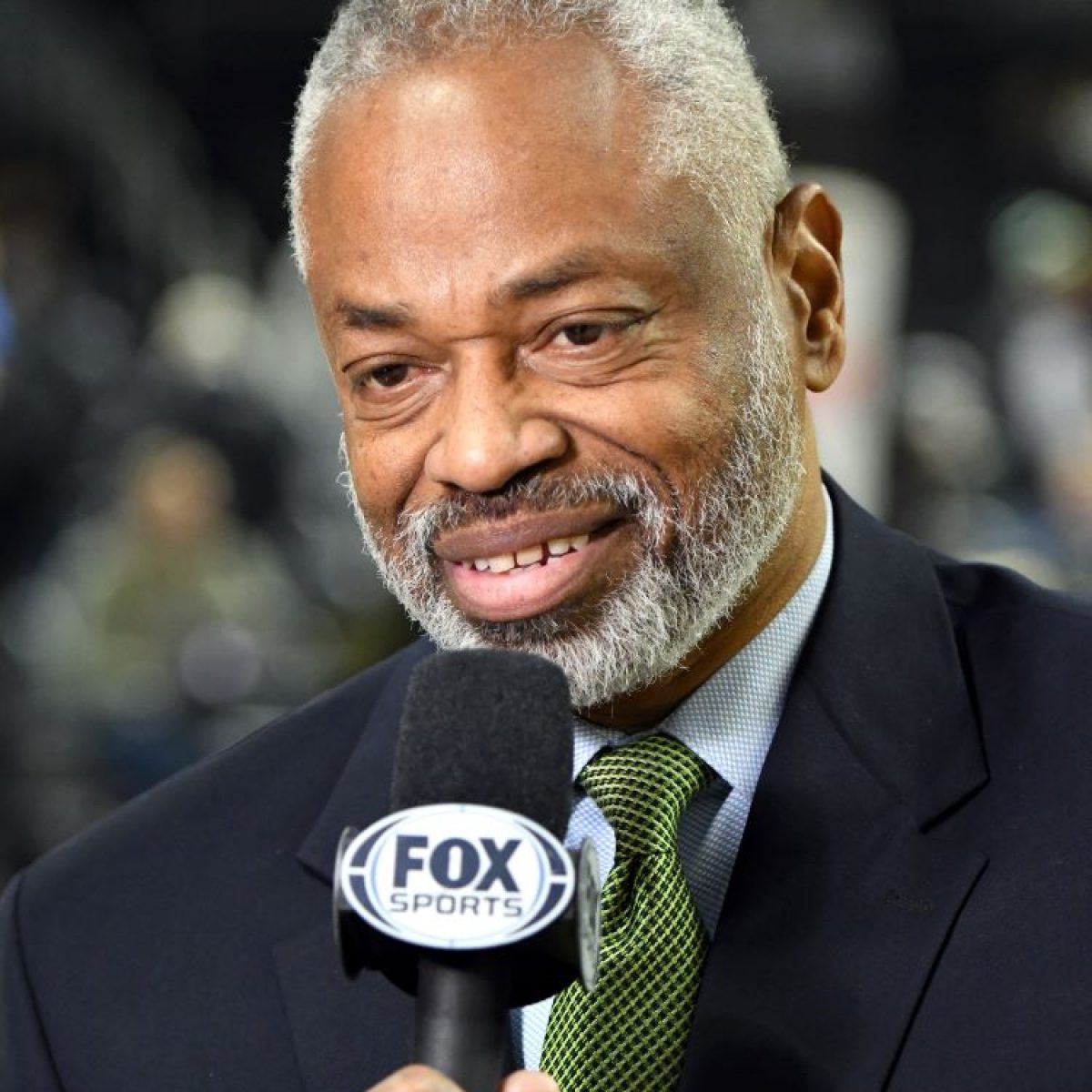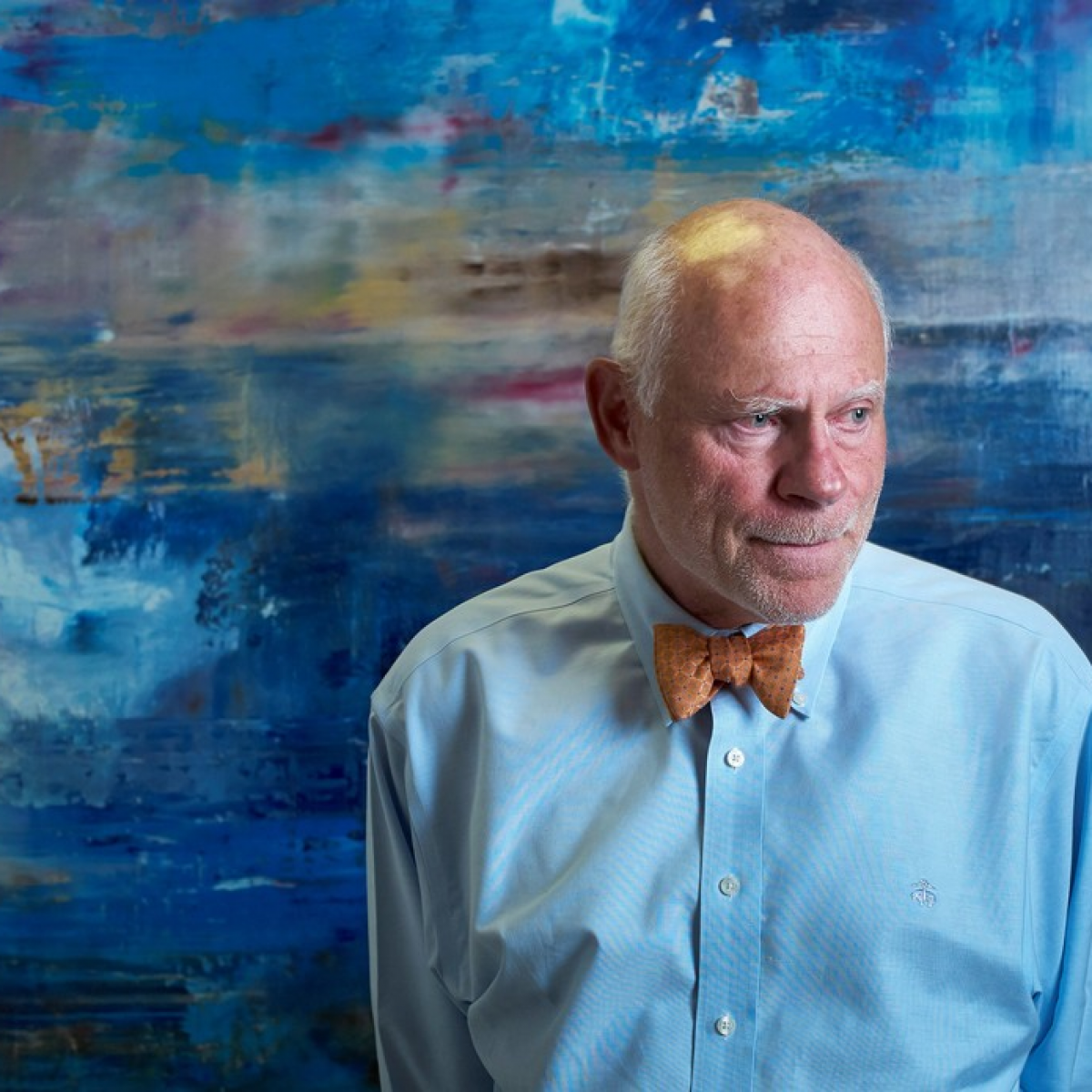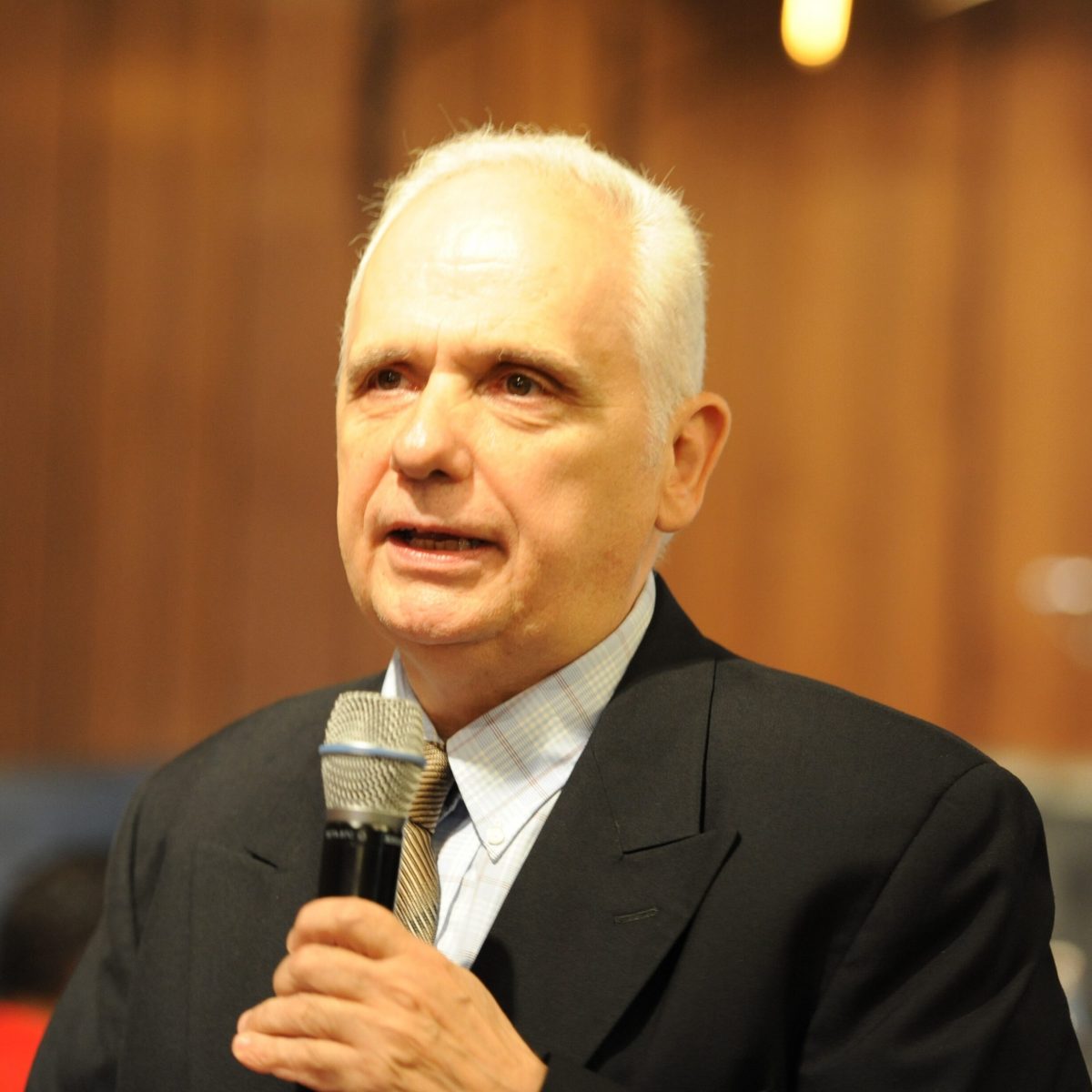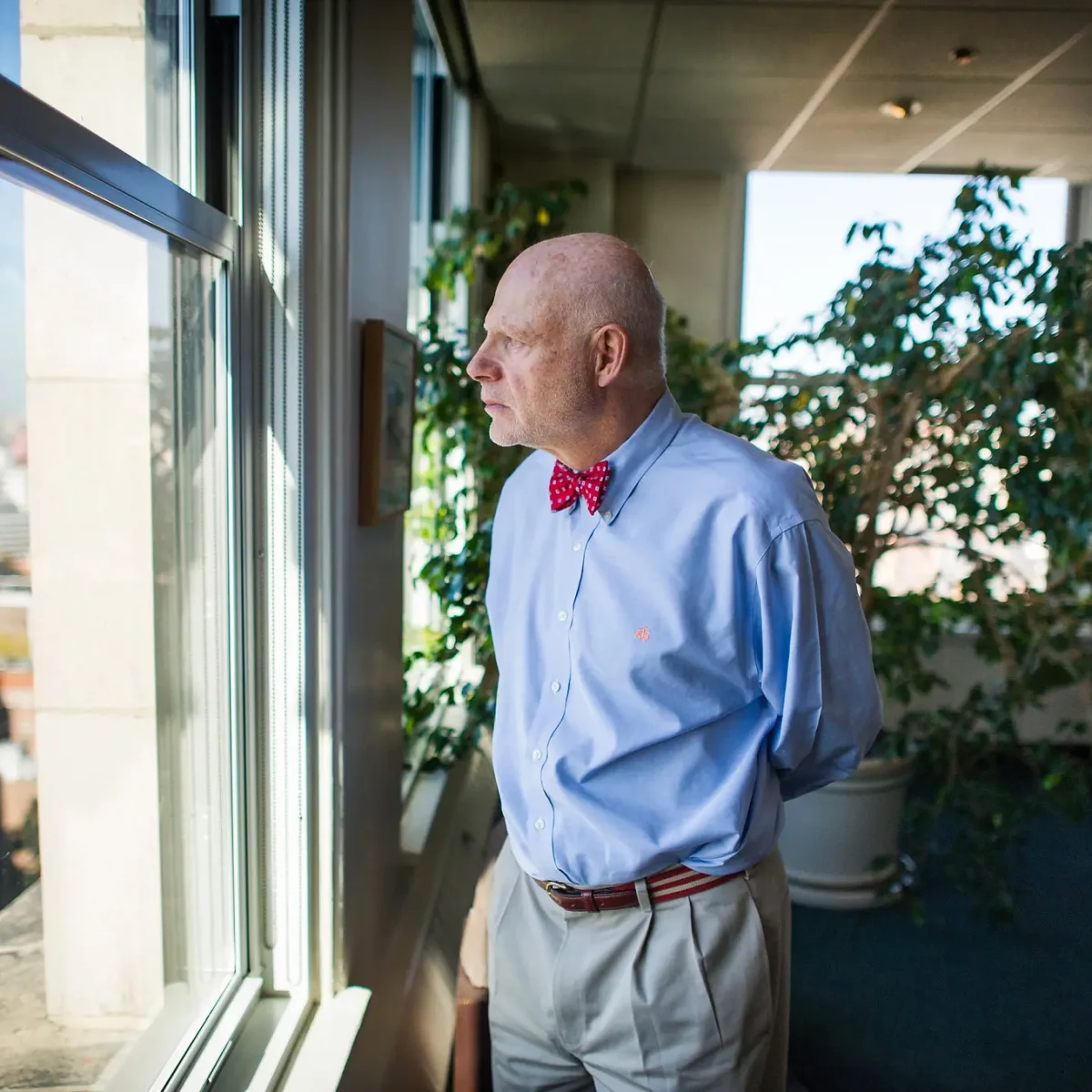
Two sons, each with their agonizing story, and an eccentric, bibliophile of a father help explain the life course of Francis J. Greenburger. As one of the most successful real estate developers in the U.S., Greenburger could not be more unlike Donald Trump, our headline seizing real estate mogul president, than day is to night, than the Pope is to Putin.
At age 68, Francis, who prefers to be called by his first name, is known to many as the Founder, CEO and Chairman of Time Equities Inc. (TEI), a multibillion dollar real estate firm that manages a portfolio of over 25 million square feet of property in 29 U.S. states, the British Virgin Islands, Canada, Germany and the Netherlands. Francis began to make his mark in New York City’s (NYC) Darwinian property world in 1965 when at the age of 16 he leased what he called “7,500 of basically worthless square feet…” on 59th Street and Lexington Avenue. A year later he founded TEI, commencing a run of purchases and cooperative conversions that grew to more than 100 buildings and more than 10,000 apartments in the early days. He has regularly been on the financial pages, notably for his capacity to discover undervalued properties. Over the years, he and his colleagues found additional unrecognized opportunities, commercial and residential, in and outside of NYC, as well as in other countries. The company continues to grow and thrive.
In Francis’ words, he considers himself “… a value hunter.” I hunt for under-valued real estate that can be made better by improving the user’s experience. These improvements come in many forms, including innovative amenities, aesthetics, system upgrades, competitive pricing, and improved property management.”
An example of his also being a bold risk taker and risk manager is Francis’ development at 50 West Street, in the Financial District of NYC. The value hunter in him purchased the site in 1983, yet he did not break ground on the site until 2007, just before the real estate market went into free fall. He then chose, at considerable personal as well as business risk and ongoing substantial costs, to wait out its further development for near to five years. In 2013, he resumed development of the property. Now, this prime residential building is nearly 70 percent sold and move-ins are occurring.
Francis’ business career began – when an adolescent – by managing the struggling family business, the Sanford J. Greenburger Literary Agency. To do so, he quit Stuyvesant High School (a NYC public school for very smart kids). Shortly thereafter, Francis was making the Greenburger Agency solvent, and over time built one of the most successful literary agencies – nationally and internationally – with its pantheon of hugely successful authors. Francis knew how to make deals and had the chutzpah, even as a teenager, to ably negotiate with clients and publishers far more his senior in age but not in their business capabilities.
While managing The Sanford Greenburger agency, Francis returned to night school, earning a degree in business administration at Baruch College, a public university in New York. He had found his métier.
Francis can be quick on his feet – in business, tennis and skiing – but he is more so a patient and determined man, which is very clear in his memoir, Risk Game (BenBella Books, 2016). And as great as is the shadow of Francis’s businesses that is not how I know him, nor what this profile will focus upon. This profile is about his unbending commitment to his son Morgan, and addressing the problems in our social justice system that Morgan’s experiences exemplify.
I first met Francis through a mutual friend, an accomplished litigator who had known him for many years. This friend suggested to Francis that he speak with me about Morgan, his then late-teenage son who had been treated in mental health programs since a boy, with no sign of them making a difference. Morgan was now in serious trouble with the law, first for theft then for a charge of arson. Francis wanted to know what, if anything, could help him, as well as what would be the toll, not in terms of years incarcerated but psychologically from the prison term he very likely would face.
Morgan Greenburger, Francis’s oldest living child, was adopted 23 years ago in the wake of the kind of loss that forever haunts a parent. In 1990, at the age of two, Alexander, the first born child to Francis and his first wife Judy, early one morning unlocked a number of doors and gates of their summer home to get to the swimming pool in the back. Francis was not there and neither mother nor au pair saw the toddler leave the house. He drowned in the pool water he loved.
Francis remarks, “I loved him with every fiber in my body. It was the most devastating moment of my life. I had to choose between also following him into the hereafter or continuing my life here in earth. I choose the latter, knowing that soon enough we will be reunited.”
The enormity of the loss – like with so many marriages where a child dies – ultimately eroded his marriage to Judy. They separated and divorced some years later but before they did they decided to adopt and, in 1993, found Morgan, a newborn in Florida. As seems to happen not uncommonly, two years later Judy became pregnant with Noah Greenburger. Noah remains close with his father, but Morgan and Noah have been estranged for some time. From Francis’ perspective, he thinks that “Noah feels that Morgan’s struggles overshadowed his childhood and caused him great difficulty while he was growing up.” Morgan, whom I have known for over five years, first just shrugged when I asked him why and then later added, “…our personalities are like opposites.”
Some five years ago, Morgan committed offenses that led to incarceration, first at the infamous NYC jail, Rikers, and subsequently in a number of upstate New York prisons.
Morgan had behavioral problems since he was a young boy. As a teenager and adult he could be impulsive, dismiss conventions and resist authority. In what may have been a drug induced psychotic state, he feared harm from imagined drug dealers at his apartment door and set a fire on his stove to deter the intruders his mind envisioned and to rally help. The charge against him had felony weight because he knew there were other people in the building. Yet it was Morgan who called the fire department to report the incident and he waited in his apartment for them to arrive. Francis, in the wake of that offense and to this day, has now turned his powerful entrepreneurial capabilities to helping individuals with mental illnesses trapped in the broken criminal justice system we have in this country.
Judy, Morgan’s adoptive mother from infancy, died from cancer when he was six. By then, Francis had a long standing relationship with Isabelle Autones, a French architect. They later married and have two daughters, now ages 19 and 15.
Isabelle consequently became Morgan’s step-mother. A sustained battle of the wills ensued between her and Morgan, which has quieted but still lasts to today. Morgan seems to have never overcome the death of Judy, whom he speaks about with a type of adoration. But his behavioral and emotional troubles antedate the loss of Judy and the entrance of Isabelle into his life. There were extensive educational programs and treatment efforts through his early and teenage years, with little discernible effect. While Morgan certainly violated the law, more than once, what ensued for him in the correctional world of jails and prisons would do nothing to increase the safety of our communities, nor was it justice for him.
In the course of Morgan’s adjudication, Francis told me that “I provided the DA with Morgan’s endless mental health records. I suggested a mental health treatment facility as an Alternative to Incarceration {a term depicting programs aimed to prevent unnecessary and costly incarcerations}. The DA said he would consider it, if I could get him accepted to a “secure” {locked} facility. But this was a fool’s errand since no “secure” facilities exist in the U.S. I know, I looked everywhere for them. So although it is too late for Morgan, I decided to try and create one – to help end the failed ‘de-instutionalization’ movement, which I believe is one of the primary drivers of mass incarceration in America today.”
It was, thus, Francis’ experiences trying to help Morgan first in juvenile treatment and detention centers and then later in jails and prisons (Morgan agreed to a plea deal for 5 years and was transferred from Rikers to a series of NYS prisons) that gave rise to Francis’ idea for the Greenburger Center for Social and Criminal Justice (TGC).
TGC aims to advocate for needed reforms to the US criminal justice system. Their approach has “8 ways to fix the system”: reduce prison rates; end mandatory sentencing; reform outdated drug laws; educate and rehabilitate people; ban the use of solitary confinement; develop alternative facilities (more on this below); keep families together; and invest in post-prison re-entry programs.
I see TGC as a needed and necessary departure from long-standing, deeply entrenched attitudes and practices that have criminalized societal responses to many of the behaviors that can derive from mental and addictive disorders. Instead, TGC aims to offer humane treatment and rehabilitation to replace what we know does not work, namely punishment. It could, as well, help to reduce the massive and wasteful costs of many aspects of our ineffectual criminal justice system.
TGC was incorporated in 2014, and is led by Cheryl Roberts, a very sharp, mission-driven former local Judge from upstate New York. In addition to advocacy, the Center has sought to open a proof of concept, secure treatment residence as an alternate to incarceration (ATI) for offenders. They have bought adjoining buildings in the Bronx that could serve 16 residents, for a period of up to two years. But despite robust conceptual (and written) support from judges, DAs, law enforcement officials and social justice experts and advocates, as well as some seed money from the NY City Council, this project, like so many innovations, has been slow to gain the government support necessary to take it from concept to reality.
TGC views young men (and women) like Morgan as candidates for such a residential, rehabilitation and training program. I have seen the materials describing the treatment program and they make a lot of common sense – especially when we consider how prison does little but harden those who are incarcerated as they adapt to the correctional environment. This Center merits a chance to show how an extended therapeutic community, proper treatment of any existing mental or substance use disorder, and programs to develop social skills and a trade can change the trajectory of so many young adults who today are lost to the criminal justice system.
Francis, as well, has a long standing passion and commitment to the arts. He established the Art Omi International Arts Center, a nonprofit artist residency program in upstate New York for visual artists, writers and musicians from all over the world. In 2003, Francis founded Art-in-Buildings, a TEI-sponsored program to enrich commercial and residential spaces with ever changing installations and exhibits from emerging contemporary artists and galleries. And his Sports and Arts In Schools Foundation (https://sasfny.org/) delivers after-school programs to more than 20,000 students, K-12, in over 150 NYC public schools in low-income neighborhoods. These are but a few of his philanthropic and humanitarian activities and contributions. Remarkably, despite a schedule that could overwhelm any human he is accessible, open and will respond to your emails (whether he knows you or not!). Francis frequently visits Morgan in prison, upstate, and makes time for other family, friends, travel, tennis, and even a movie from time to time.
I was moved to write this profile at a time when too many of our elected leaders demonstrate concern with themselves over others, pursue commitments to enrich the already rich, seek to diminish essential supports for those living in poverty and with disability, who turn blind eyes to racism and discrimination, and who proffer punitive or xenophobic solutions to so many human ails and problems. When I witness what can be done by driven people who have achieved outsized business success when they turn their skills and resources to human kindness and social progress, like Francis Greenburger, I see a badly needed alternative reality to what we read about in the papers every day.
………………………………………………………………………………………………………………………………………………………………….
Lloyd I. Sederer, MD, is a psychiatrist and public health doctor. The opinions expressed here are entirely his own.





